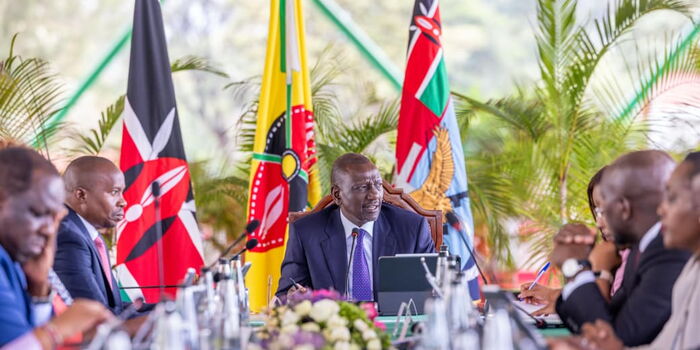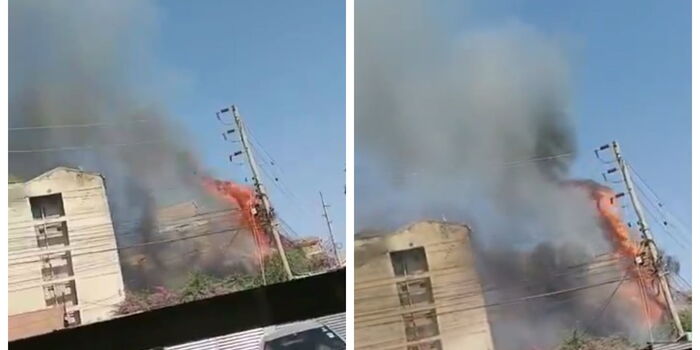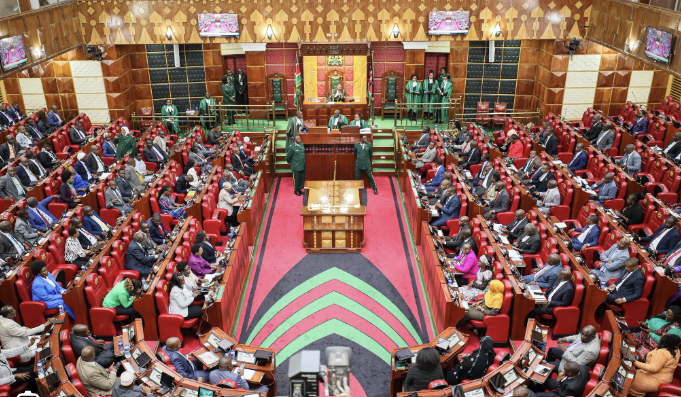In a surprise visit to Nyeri, Public Service Cabinet Secretary Geoffrey Ruku delivered a blistering ultimatum: public officers who repeatedly arrive late or skip work will now be officially classified as “ghost workers.” This provocative move marks the start of a nationwide campaign to eradicate laxity in government offices and restore discipline in the public service .
During an unscheduled inspection at the Central Regional Headquarters, CS Ruku expressed frustration with widespread absenteeism. He noted that while some departments—like the Teachers Service Commission and Huduma Centres—showed near-perfect attendance, other government offices reported less than 50% presence at the official 8 a.m. start time.
He stated sharply, “All absentees and latecomers in the public service will be treated as ghost workers,” warning that such tardiness strikes at the core of service delivery and public trust.
This initiative builds on mounting concerns within the ministry, where similar warnings have emerged. KBC reports highlight the government’s frustration with inefficiency among civil servants, calling it a severe drag on national progress.
Tough New Measures

CS Ruku backed his threat with firm action: field inspections will become standard procedure, using deployed human resource officers to enforce existing attendance policies. He vowed that errant officers face full-scale disciplinary measures, including legal proceedings for misconduct.
The move aims to reinforce policy from the 2016 Public Service Human Resource Manual, which mandates an average 40-hour work week, beginning at 8 a.m. daily—or 7:30 a.m. for Mombasa and northern counties.
Why This Matters
- Public frustration grows – Citizens routinely report arriving early, only to find key services shuttered due to missing staff.
- Service delivery hangs in the balance – Chronic staff shortages threaten efficiency at Huduma Centres, hospitals, and local administrative offices.
- Toward accountability – This campaign signals a shift toward insisting that civil servants deliver on their responsibilities or face consequences.
What to Expect Next
Over the coming weeks, expect proactive sweeps across regional offices. Ministry officials have signaled that the first wave of sanctions—ranging from formal warnings to dismissals—will be announced soon.
Primary questions remain: Will county-level authorities fully enforce these standards? And will habitual rule-breakers be held to account, or will enforcement stall in the face of bureaucratic resistance?
With a stringent message and sharpened tools, CS Ruku has cast down the gauntlet. The fate of Kenya’s public service rests on whether these measures translate into real change—or merely echo past promises.











Leave a Reply